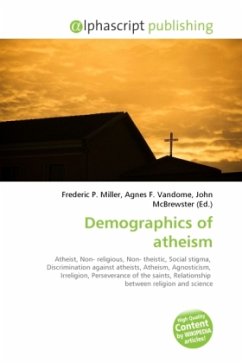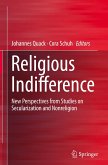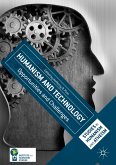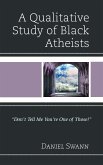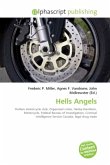High Quality Content by WIKIPEDIA articles! Atheism is commonly defined as the position that there are no deities. It can also mean the rejection of belief in the existence of deities. A broader definition is simply the absence of belief that any deities exist. The term atheism originated from the Greek, meaning "without gods", which was applied with a negative connotation to those thought to reject the gods worshiped by the larger society. With the spread of freethought, skeptical inquiry, and subsequent increase in criticism of religion, application of the term narrowed in scope. The first individuals to identify themselves as "atheist" appeared in the 18th century. Today, about 2.3% of the world's population describes itself as atheist, while a further 11.9% is described as nontheist. Between 64% and 65% of Japanese describe themselves as atheists, agnostics, or non-believers, and to 48% in Russia. The percentage of such persons in European Union member states ranges as low assingle digits in Italy and some other countries, and up to 85% in Sweden. Atheists tend to lean towards skepticism regarding supernatural claims, citing a lack of empirical evidence.
Bitte wählen Sie Ihr Anliegen aus.
Rechnungen
Retourenschein anfordern
Bestellstatus
Storno


